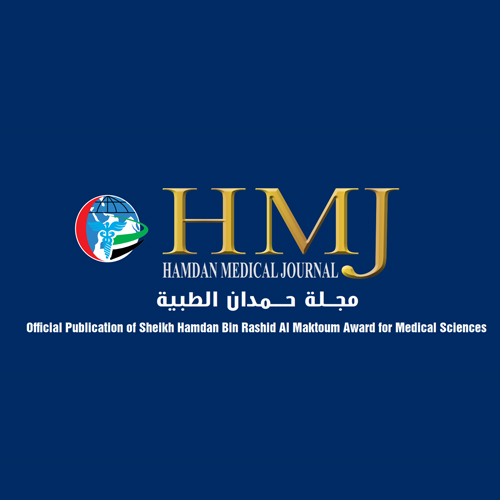

Prof. Haider Raza and His Team
The prevalence of diabetes is on the rise globally, leading to an excessive burden on the health systems. Pancreatic beta-cell mass destruction, neogenesis, and proliferation as seen in type 1 diabetes, or malfunction as seen in type 2 diabetes, have been implicated in the etiology, and pathology, as well as in the response towards therapies and disease management. Oxidative stress and alterations in mitochondrial energy metabolism play crucial roles in diabetes-induced cellular complications. Several studies, including this study, have suggested that Rin-5F pancreatic beta cells are extremely susceptible to oxidative stress due to excessive production of endogenous and exogenous reactive oxygen/nitrogen species (ROS/RNS) and low antioxidant defenses.
The study aimed to investigate the molecular mechanism of streptozotocin (STZ), an antibiotic that exhibits beta cell-specific cytotoxicity, and is usually used to induce diabetes in experimental animals.
The results will help in the understanding of the survival and death mechanisms of beta-cells in response to potential therapeutics, and the etiology and pathophysiology of diabetes.